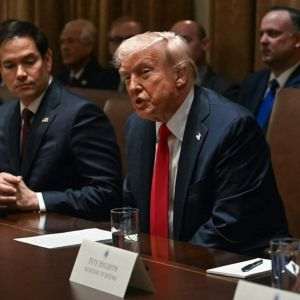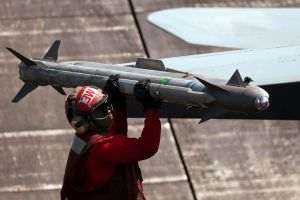The power of the press should not be used for private or antinational interests. This was the argument that Iulian Fota, the presidential advisor on matters of security used yesterday to justify the classification of press campaigns as vulnerabilities in the National Strategy of the Country. Fota claimed that under no circumstance was the inclusion of the press in the "vulnerabilities" category intended to keep journalists on a leash. Attending an event called "The defense of the rights and liberties of the press", Iulian Fota said the following, as quoted by Agerpres: "No one is opposed to criticism. We did and continue to have a problem (...) with the lying and manipulation, in particular when it concerns national security. I don"t agree with the opinion that what the press does and what happens to it is just its business. As long as in any democratic society the press has an important role, it has power and power brings responsibility. If the government has power and it is generally agreed that it needs to be held accountable, then why shouldn"t this apply to the press as well?
We thought there were enough factors to cause us to express fear, that sometime in the future, somebody might be tempted to use the power that the mass-media has for private or antinational interests". Even though the inclusion of the press in the vulnerabilities raised heavy criticism from the mass media, the presidential advisor evidenced that in the new Strategy, the Parliament and the media have a significant contribution to the control of the security and defense policy.
"It is the first time when a national defense strategy, which is the equivalent of a security strategy, gives the press a clear and visible role in the creation of the defense or national security policies", said Fota, who concluded: "No one is trying to put the press on a leash or the mass-media as an institution. There is no validity to that claim. And anyone who says that does so in a hypocritical manner and with other goals in mind".
























































